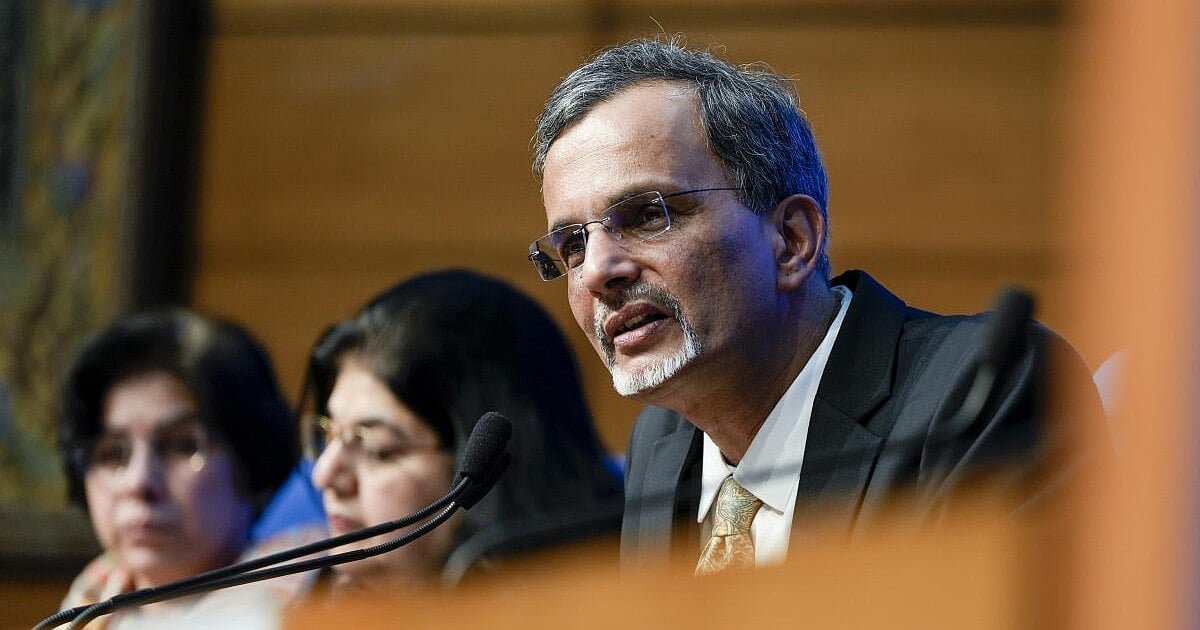 |
|
The recent pronouncements by India's chief economic advisor regarding the nation's economic slowdown paint a picture of optimism amidst current challenges. The assertion that the slowdown is merely temporary offers a degree of reassurance to investors and citizens alike, but a deeper examination of the underlying factors and the proposed solutions is warranted. The advisor's claim hinges on the anticipated positive effects of recently implemented tax cuts. The argument posits that these reductions in taxation will incentivize the private sector to increase investment and expand their operational capacity. This increase in private sector activity, it is argued, will be the key catalyst for renewed economic growth. The statement highlights a long-standing concern: the underwhelming performance of India's private sector in recent years. This lackluster performance has undeniably contributed to the slower-than-expected economic growth trajectory, limiting the overall potential of the Indian economy. The current economic situation demands a more nuanced understanding than simply labeling the slowdown as 'temporary.' A thorough analysis necessitates a consideration of various interconnected factors, including global economic conditions, domestic policy effectiveness, and the intricate dynamics of the private sector response to economic stimuli.
The success of the tax cut strategy depends heavily on several critical factors. Firstly, the extent to which businesses actually utilize the tax savings for expansion and investment rather than for other purposes, such as increasing executive compensation or paying down existing debt, will be crucial. Secondly, the overall business environment in India needs to be conducive to increased investment. This includes issues such as bureaucratic efficiency, regulatory hurdles, and the availability of skilled labor. If these factors remain problematic, the positive effects of the tax cuts could be significantly muted. Thirdly, the global economic climate plays a substantial role. A global recession or significant economic downturn could easily overshadow the benefits of domestic tax policies, making it difficult for even the most robust private sector investments to generate significant growth. The interconnectedness of the global economy means that India's economic performance is not isolated from international trends. Therefore, predicting a simple 'temporary' slowdown requires a realistic assessment of global uncertainties.
Beyond the immediate impact of tax cuts, a long-term strategy for sustainable economic growth in India is essential. This requires a multifaceted approach that addresses systemic issues, fosters innovation, and improves infrastructure. Investing in education and skills development is crucial to creating a workforce capable of meeting the demands of a modern economy. Strengthening regulatory frameworks and reducing bureaucratic obstacles will encourage both domestic and foreign investment. A commitment to sustainable development practices is essential for long-term economic health and resilience. Finally, promoting domestic consumption and reducing reliance on exports can help stabilize the economy in the face of global uncertainties. While the assertion of a temporary slowdown offers a degree of hope, a comprehensive and multifaceted strategy is necessary to ensure sustained, inclusive, and resilient economic growth in India. This requires a proactive approach that anticipates challenges, addresses systemic weaknesses, and fosters an environment conducive to private sector participation and long-term investment.
In conclusion, while the chief economic advisor's optimism is understandable and, perhaps, necessary to maintain market confidence, a purely optimistic view of India's economic slowdown risks overlooking the complexities of the situation. The proposed solutions, while potentially beneficial, are not guaranteed to produce the desired results. The effectiveness of the tax cuts, the responsiveness of the private sector, and the influence of global economic conditions all play a significant role in determining the future trajectory of India's economy. A comprehensive strategy that addresses both immediate concerns and long-term challenges is crucial to ensure sustainable economic growth and prosperity for India. Simply labeling the slowdown as 'temporary' provides a limited and potentially misleading assessment of the situation. A more thorough and nuanced understanding of the underlying issues and a commitment to long-term sustainable growth are essential for navigating the current economic climate.
Source: India's economic growth slowdown is temporary, claims chief economic advisor
